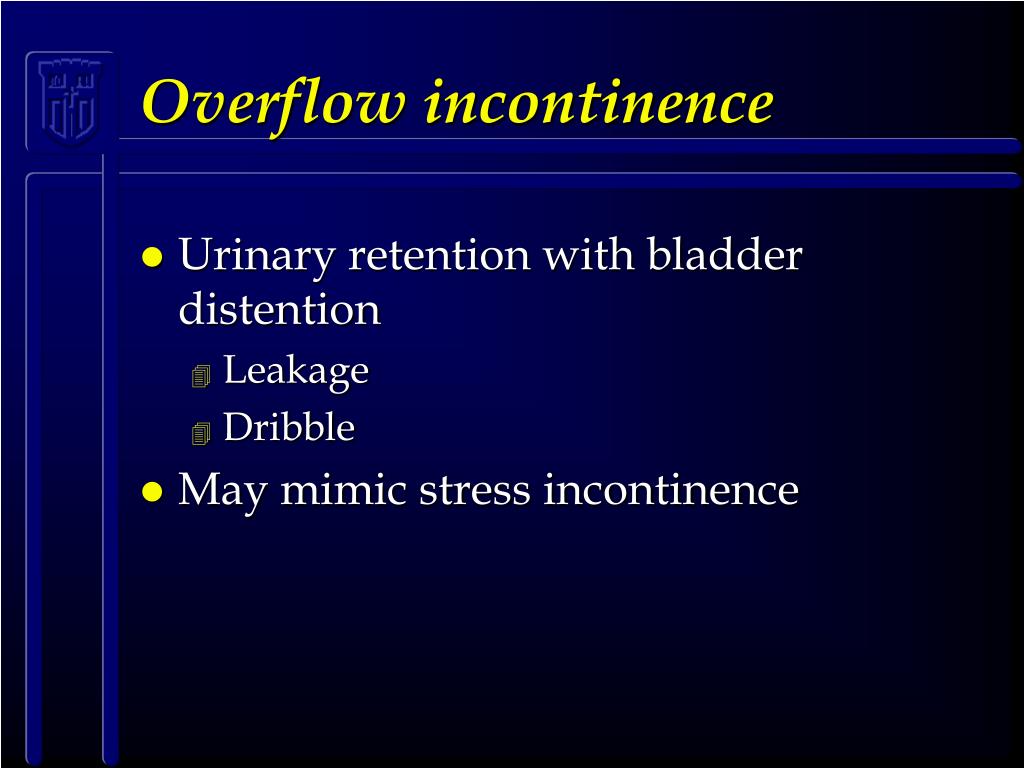
Kidneys are in constant motion filtering blood. These are two organs, one on each side of the body at the back and bottom of the ribcage. Removal of liquid waste from the body is a major function but also the urinary system is responsible for regulation of blood volume, blood pressure, and the chemical components of the body.Įlimination of liquid waste from the body begins with the kidneys. The urinary system consists of organs that complete this process. Removing waste from the body is an important step in maintaining health. At times, the reason for bladder dysfunction is unclear. Urinary issues can result as a side effect of certain medications. Lifestyle factors can affect bladder function such as smoking, inactivity, over consumption of alcohol and sugary drinks, or a protein-based diet. Common healthcare issues that are associated with bladder issues are enlarged prostate, hormonal changes in women, obesity, constipation, diabetes issues affecting cognition such as Alzheimer’s disease and other dementia, and neurological diseases and injury for example, spinal cord injury, multiple sclerosis and Parkinson’s disease. Donate to advance SCI and paralysis researchĪnyone can be affected by bladder dysfunction.The North American Clinical Trials Network (NACTN).International Spinal Research Trust (ISRT).Developing Spinal Cord Injury Treatments.Tomorrow’s Cure - SCI and Paralysis Research.Ask Us Anything / Connect with an Information Specialist.Today's Care: National Paralysis Resource Center.If you are experiencing urinary leakage or wetting accidents, contact Urology Austin to schedule a thorough evaluation.


Minimally invasive surgery to remove prostate tissue that is blocking the flow of urine.In-office procedures, such as Rezum or Urolift, to remove excess prostate tissue.Intermittent self-catherization for patients with neurogenic bladder.Medications to relax or shrink the size of the prostate.Some factors can be treated by the urologist, or in conjunction with another specialist if a disease state is involved. The appropriate treatment option will depend on the underlying cause of overflow incontinence. Treatment options for overflow incontinence The urologist will most likely request a Urodynamics evaluation to determine how well the bladder is storing and voiding urine. In addition, a urinalysis will assist in determining if infection is present. To start, the provider will review the patient’s personal and family medical history, current symptoms, and perform a physical examination. When visiting a urologist, the provider will use several tools to assist in their diagnosis. This is due to damage or obstruction of sacral nerves. Neurogenic bladder – The loss of sensation to determine when the bladder is full.Blockage caused by a prolapsed organ – bladder, uterus or rectum.Blockage cause by bladder and kidney stones.

In itself, urinary retention can be an emergency condition. Urinary retention is another contributor which can result from several different factors. Urine flow may also be hindered by damage to the spinal cord that has resulted in a bladder that cannot contract effectively. For men, this blockage may be caused by benign prostatic hyperplasia (BPH) or enlarged prostate. Overflow incontinence is generally caused by a health condition that is restricting the normal flow of urine. Overflow incontinence is one of several types of urinary incontinence, and is most common in older men. Essentially when urine is added to a bladder that is at its capacity, the excess urine will spill out causing urinary leakage or a wetting accident. Overflow incontinence is an involuntary loss of urine when the bladder becomes overfull due to a secondary health concern.


 0 kommentar(er)
0 kommentar(er)
